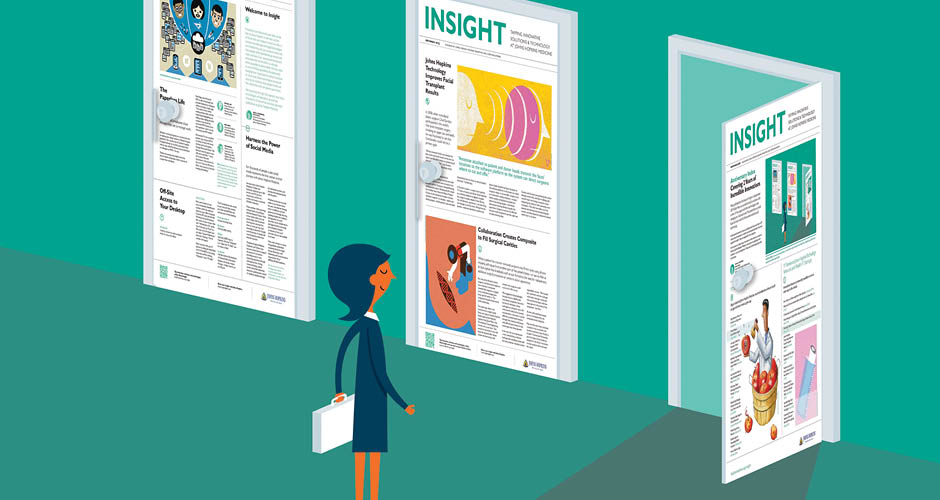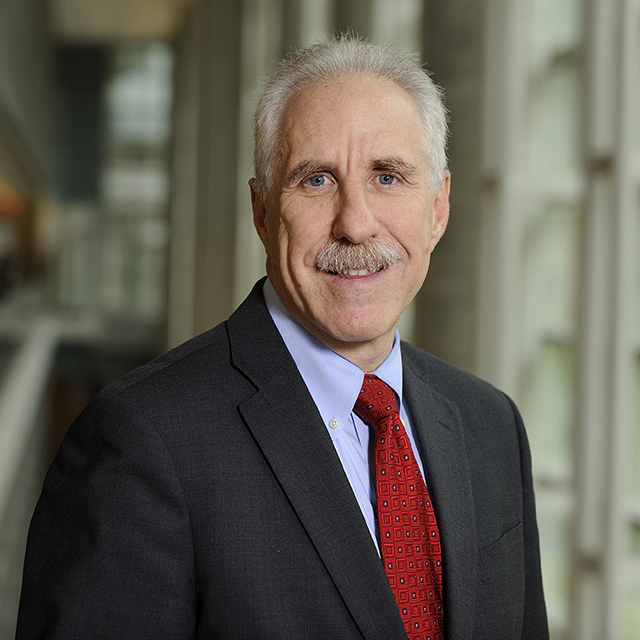Speaker Bios
Robert Califf, M.D., Commissioner of Food and Drugs
Robert M. Califf, MD, MACC, is the Food and Drug Administration's commissioner of food and drugs. As the top official of the FDA, Dr. Califf is carries out its mission to protect and promote the public health.
Previously, Califf served as the FDA’s Deputy Commissioner for Medical Products and Tobacco from February 2015 until his appointment as commissioner in February 2016. In that capacity, he provided executive leadership to the Center for Drug Evaluation and Research, the Center for Biologics Evaluation and Research, the Center for Devices and Radiological Health, and the Center for Tobacco Products. He also oversaw the Office of Special Medical Programs and provided direction for cross-cutting clinical, scientific, and regulatory initiatives, including precision medicine, combination products, orphan drugs, pediatric therapeutics, and the advisory committee system.
Prior to joining the FDA, Califf was a professor of medicine and vice chancellor for clinical and translational research at Duke University. He also served as director of the Duke Translational Medicine Institute and founding director of the Duke Clinical Research Institute. A nationally and internationally recognized expert in cardiovascular medicine, health outcomes research, healthcare quality, and clinical research, Califf has led many landmark clinical trials and is one of the most frequently cited authors in biomedical science, with more than 1,200 publications in the peer-reviewed literature.
Califf has served on the Institute of Medicine (IOM) committees that recommended Medicare coverage of clinical trials and the removal of ephedra from the market, as well as on the IOM Committee on Identifying and Preventing Medication Errors and the IOM Health Sciences Policy Board. He has served as a member of the FDA Cardiorenal Advisory Panel and FDA Science Board’s Subcommittee on Science and Technology. Califf has also served on the Board of Scientific Counselors for the National Institutes of Health and the National Library of Medicine, as well as on advisory committees for the National Cancer Institute, the National Heart, Lung, and Blood Institute, the National Institute of Environmental Health Sciences and the Council of the National Institute on Aging.
While at Duke, Califf led major initiatives aimed at improving methods and infrastructure for clinical research, including the Clinical Trials Transformation Initiative (CTTI), a public-private partnership co-founded by the FDA and Duke. He also served as the principal investigator for Duke’s Clinical and Translational Science Award and the NIH Health Care Systems Research Collaboratory coordinating center.
Califf is a graduate of Duke University School of Medicine. He completed a residency in internal medicine at the University of California, San Francisco and a fellowship in cardiology at Duke.
Eric Horvitz, Ph.D., Technical Fellow & Managing Director, Microsoft Research
Eric Horvitz is a Distinguished Scientist at Microsoft, where he serves as a research area manager within Microsoft Research. His research interests span theoretical and practical challenges with developing systems that perceive, learn, and reason. His contributions include advances in principles and applications of machine learning and inference, information retrieval, human-computer interaction, bioinformatics, and e-commerce. He has been elected a Fellow of the Association for the Advancement of Artificial Intelligence (AAAI) and of the American Association for the Advancement of Science (AAAS). He currently serves on the NSF Computer & Information Science & Engineering (CISE) Advisory Board and on the council of the Computing Community Consortium (CCC). He received his PhD and MD degrees at Stanford University.
Horvitz played a significant role in establishing the credibility of artificial intelligence with other areas of computer science and computer engineering, influencing fields ranging from human-computer interaction to operating systems. His research helped establish the link between artificial intelligence and decision science. As an example, he coined the concept of bounded optimality, a decision-theoretic approach to bounded rationality.
Horvitz speaks on the topic of artificial intelligence around the world, including on NPR and the Charlie Rose show. His research has been featured in the New York Times and the Technology Review.
Shahram Ebadollahi, Ph.D., Vice President, Innovations & Chief Science Officer, IBM Watson Health Group
Shahram Ebadollahi is the Vice President, Innovations and the Chief Science Officer, IBM Watson Health Group. As the head of Innovations he oversees development, solutions, and partnerships for IBM Watson Health business unit. As the Chief Scientific Officer, he has global responsibility for the direction of IBM Research in the area of Health Informatics and also the innovation strategy for IBM Watson Health. He and his team have conducted research in the broad area of health informatics with specific focus on Computational Healthcare and also have enabled software and services in the area of data-driven analytics and big data for healthcare and life sciences applications.
Ebadollahi received his PhD and MS degrees in Electrical Engineering from Columbia University with specialization in multi-modal content analysis and retrieval and their applications to the domain of medicine.
Earl P. Steinberg MD, MPP, Chief Executive Officer, xG Health
Earl P. Steinberg, MD, MPP, is a nationally recognized expert in healthcare quality improvement and serves as xG Health’s chief executive officer. Earl also is an adjunct professor of Medicine and of Health Policy and Management at Johns Hopkins University and a member of Blue Cross/Blue Shield Association’s National Medical Advisory Panel.
Before joining xG Health, Steinberg was executive vice president of Innovation & Dissemination, and chief, Healthcare Solutions Enterprise at Geisinger Health System.
Before joining Geisinger, he was senior vice president for Clinical Strategy, Quality & Outcomes at WellPoint, Inc., the largest commercial health insurer by membership in the US, and president and CEO of Resolution Health Inc. (RHI), a leading healthcare data analysis company that provides innovative quality improvement and cost reduction services to health plans, employers, pharmacy benefit managers, and disease management companies.
Before joining RHI, Steinberg spent six years as vice president of Covance Health Economics and Outcomes Services Inc., director of its Quality Assessment and Improvement Systems Division, and co-director of its Outcomes Studies Group. He also spent 12 years on the full-time faculty at Johns Hopkins University, where he was professor of Medicine and of Health Policy and Management and director of the Johns Hopkins Program for Medical Technology and Practice Assessment, and four years on the Federal Physician Payment Review Commission. He co-chaired the Institute of Medicine’s panel on Standards for Development of Trustworthy Practice Guidelines.
Steinberg has received many awards, including the Henry J. Kaiser Family Foundation Faculty Scholar Award in General Internal Medicine (1984), the “Outstanding Young Investigator” Award from the Association for Health Services Research (1988), and a Special Presidential Visionary Award from the National Kidney Foundation (NFK) (2004) for his work as the scientific director of the NKF’s landmark Kidney Disease Outcomes and Quality Initiative, which produced more than 250 clinical practice guidelines for management of patients with end-stage renal disease. He also is a fellow of both the American College of Physicians and AcademyHealth, and he has published more than 125 articles in peer-reviewed journals.
Steinberg received his AB from Harvard College (summa cum laude), his medical degree from Harvard Medical School, and a Master of Public Policy from the Kennedy School of Government. He performed his residency training in internal medicine at Massachusetts General Hospital



